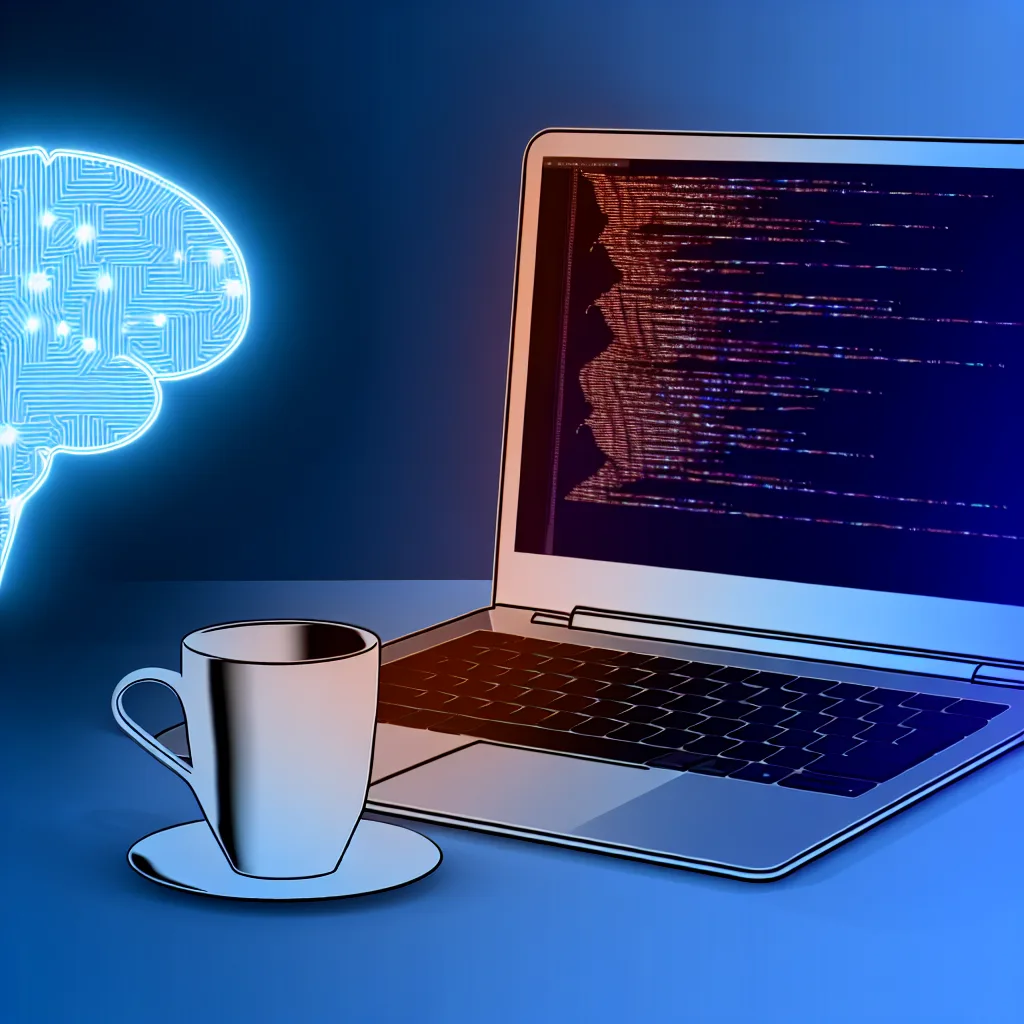A friendly guide to the questions, the process, and how to actually prepare.
So, you’re looking to land a role as an AI Engineer? That’s fantastic. It’s an exciting field with a ton of interesting problems to solve. But then comes the big question: how do you actually get the job? The interview process can feel like a black box, and it’s totally normal to wonder what you’re getting yourself into. I’ve been through the AI engineer interview process a few times, and I remember feeling the exact same way.
Let’s pull back the curtain. Think of this as a friendly chat over coffee where I’ll walk you through what to expect, from the first call with a recruiter to the final round of technical deep dives. No fluff, just the real stuff.
What the AI Engineer Interview Process Actually Looks Like
Forget about a single, one-hour chat. The modern tech interview, especially for a specialized role like AI Engineer, is more like a multi-stage marathon. While it can vary from a small startup to a massive tech company, the structure usually follows a pretty common pattern.
Here’s a typical breakdown of the rounds:
- The Recruiter Screen (15-30 minutes): This is a casual, non-technical chat. A recruiter wants to understand your background, your interest in the role, and your salary expectations. It’s a vibe check. Be friendly, be clear about your experience, and have a few questions ready about the company culture and the team.
- The Technical Phone Screen (45-60 minutes): This is your first real technical hurdle. You’ll likely be on a video call, sharing your screen on a platform like CoderPad. Expect a mix of theoretical questions and a live coding problem. The coding challenge is usually focused on data structures and algorithms—think LeetCode easy-to-medium style problems.
- The “On-Site” Loop (3-5 hours): This is the main event, though nowadays it’s often done virtually. It consists of back-to-back interviews with different members of the team. You can expect a gauntlet of 3 to 5 interviews covering different areas.
The Core AI Engineer Interview Questions You’ll Face
This is the part everyone worries about. The “on-site” loop is designed to test the full range of your skills. It’s not just about whether you can code; it’s about how you think.
Here are the types of sessions you’ll almost certainly encounter:
1. The Coding & Algorithms Interview
This is standard for most software roles, but with an AI twist. You’ll be expected to be proficient in Python and its data science libraries (NumPy, Pandas, Scikit-learn). The questions themselves are usually generalist problems.
- What they’re testing: Your raw problem-solving ability, coding fundamentals, and efficiency.
- Example questions: “Given a list of customer reviews, find the top K most frequent words,” or classic problems involving arrays, strings, trees, and graphs.
- How to prepare: Practice is your best friend. Spend time on platforms like LeetCode to get comfortable solving problems under pressure.
2. The Machine Learning Concepts Interview
This is where your specific AI knowledge comes into play. The interviewer wants to know if you truly understand the theory behind the models you use.
- What they’re testing: Your grasp of fundamental ML principles.
- Example questions: “Can you explain the bias-variance tradeoff?” “What is overfitting and how would you prevent it?” “Describe how a gradient boosting model works.” “What’s the difference between L1 and L2 regularization?”
- How to prepare: Go back to the basics. Don’t just know how to call
model.fit(). Understand what’s happening under the hood. The lecture notes from a course like Stanford’s CS229 are an incredible, free resource for this.
3. The AI System Design Interview
This is often the most challenging but also the most important round for an AI engineer interview. You’ll be given a vague, open-ended problem and asked to design a complete system to solve it.
- What they’re testing: Your ability to think about the big picture, from data to deployment. It’s not about code, but about architecture, trade-offs, and practical considerations.
- Example questions: “Design a system to recommend products on an e-commerce site.” “How would you build a content moderation system for a social media platform?” “Design the machine learning system behind a smart thermostat.”
- How to prepare: Think end-to-end. Start with the project goal and the data. How will you collect and process it? What models would you try first? How would you train and evaluate them? How will you serve the model for live predictions? How will you monitor its performance? Reading through engineering blogs from major tech companies, like the Google AI Blog, can give you great insight into how they think about these problems.
4. The Behavioral Interview
Finally, don’t neglect the “soft skills.” They want to hire someone they’d enjoy working with. This interview is all about your past experiences, your ability to collaborate, and how you handle challenges.
- What they’re testing: Teamwork, communication, and problem-solving in a professional context.
- How to prepare: Use the STAR method (Situation, Task, Action, Result) to structure your answers. Have stories ready about a difficult project, a time you disagreed with a teammate, and a project you’re particularly proud of.
It’s a Marathon, Not a Sprint
Going through an AI engineer interview loop is tough, but it’s entirely manageable if you prepare strategically. Focus on understanding the why behind your work, not just the how. Be curious, be honest about what you don’t know, and let your passion for the field shine through.
You’ve got this. Good luck!
